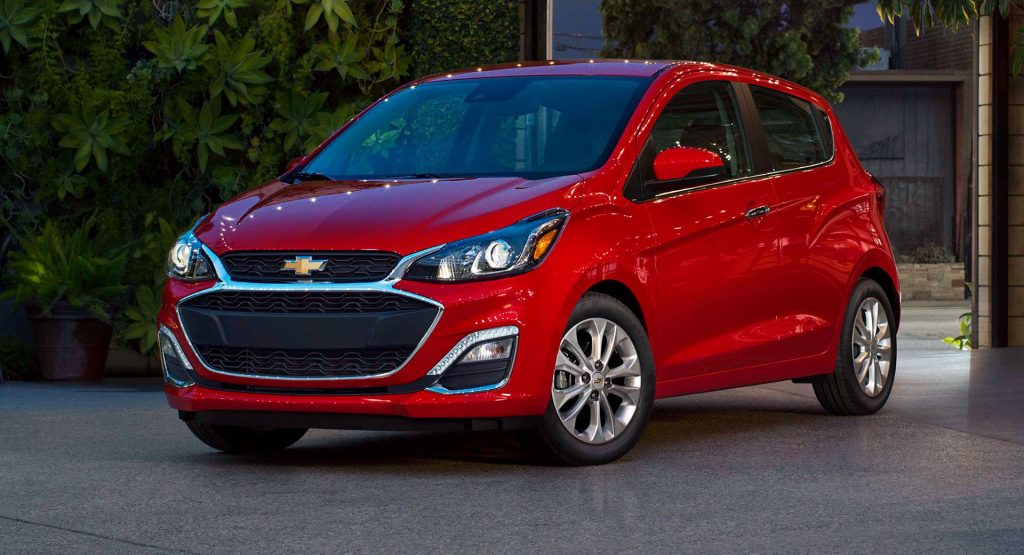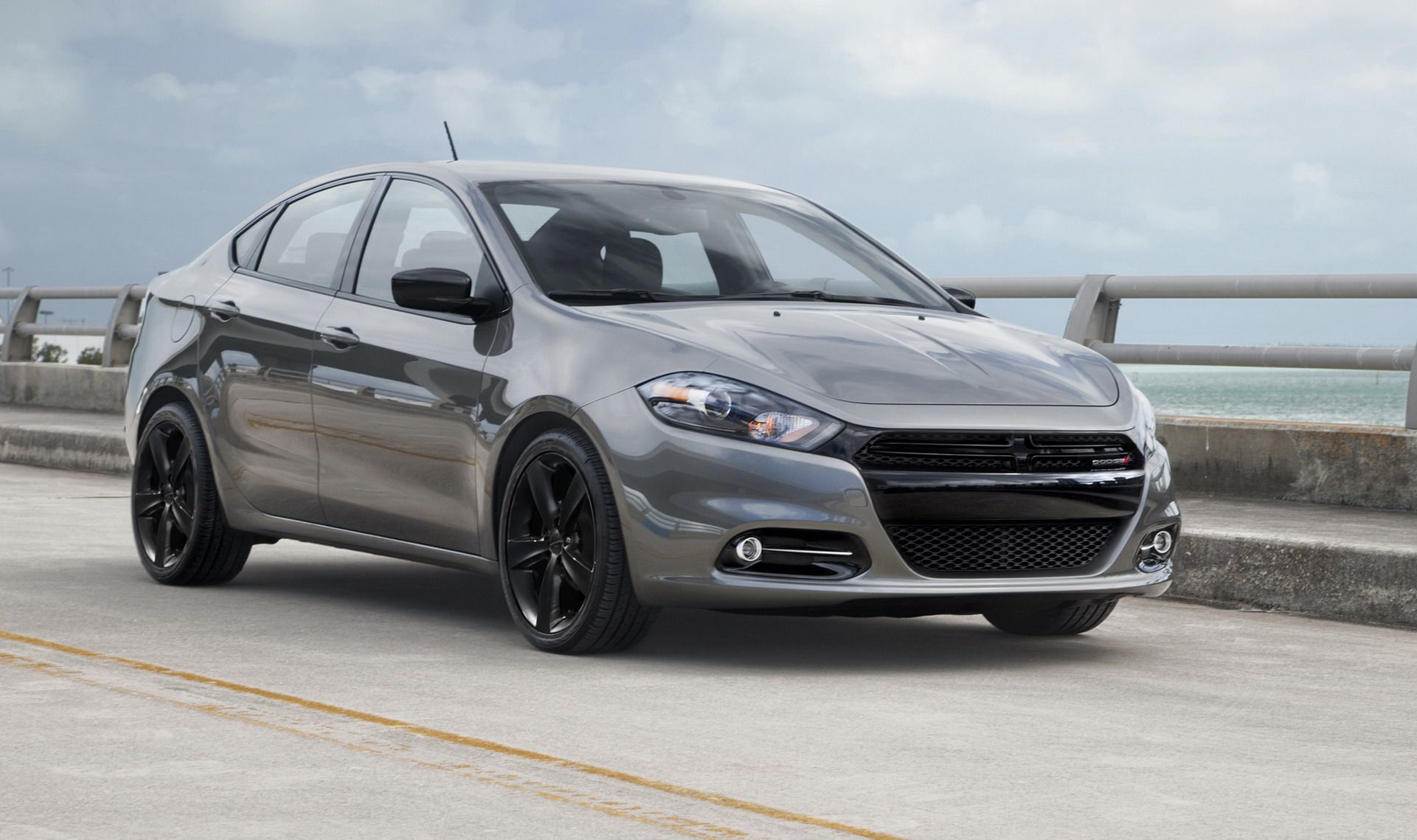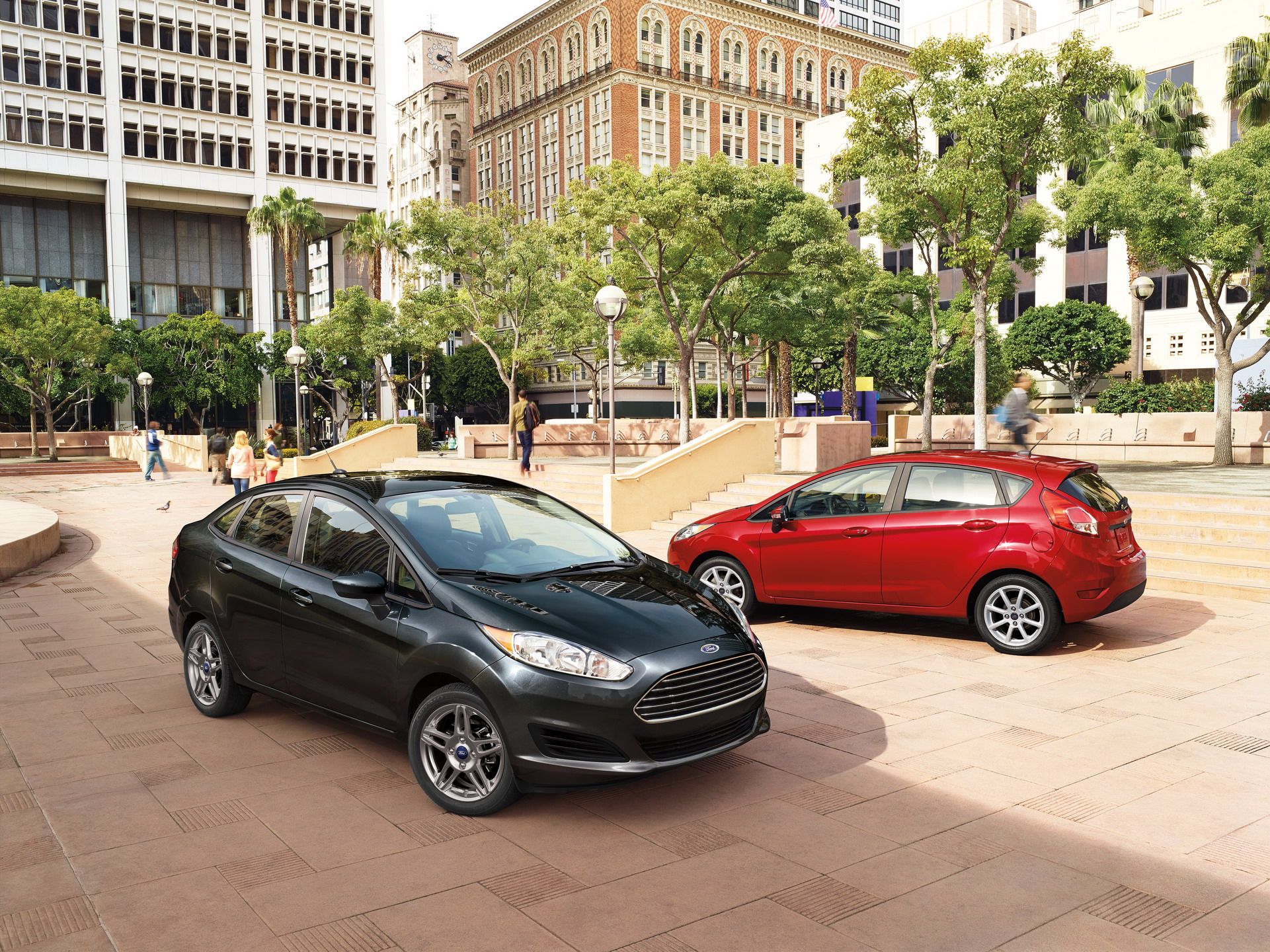As SUVs and crossovers have become increasingly popular, demand for small cars (and by that, we ,ainly mean sedan and hatchback bodystyles) has dwindled in the United States. However, this is nothing new and according to analysts, the small car market is simply returning to historical norms.
The Detroit News reports that many automakers brought a plethora of small vehicles to the U.S. in anticipation of rising fuel prices. This hasn’t happened and as gas prices have settled at exceptional lows, new car buyers have started to purchase larger and less frugal vehicles.
The discontinuation of the Chrysler 200 and Dodge Dart a couple of years ago seems to have been the trigger for falling small car demand.
“I can tell you right now that both the Chrysler 200 and the Dodge Dart, as great products as they were, were the least financially rewarding enterprises that we’ve carried out inside FCA in the last eight years,” FCA chief executive Sergio Marchionne has said. “I don’t know one investment that was as bad as these two were.”
Having a small car in the U.S. is simply inconvenient
The U.S. boss of small cars for Volkswagen Jan Dickmann says small cars also don’t make all that much sense in the United States, especially when compared to Europe.
“You’re not feeling safe in a very small car next to a really big pickup. In Europe small cars are driven by (high) gasoline prices and we have a lot of really small villages with really small streets. And we have a different culture in parking. Here you go into a parking lot. In Europe you really have to circle in your small car (to find) a small street space.”
It is a similar story for sedans, Kelley Blue Book auto analyst Karl Brauer says, asserting that they are unlikely to regain popularity from SUVs. After all, many SUVs now come equipped with small and efficient powertrains and are no longer the gas-guzzling boats they once were.





